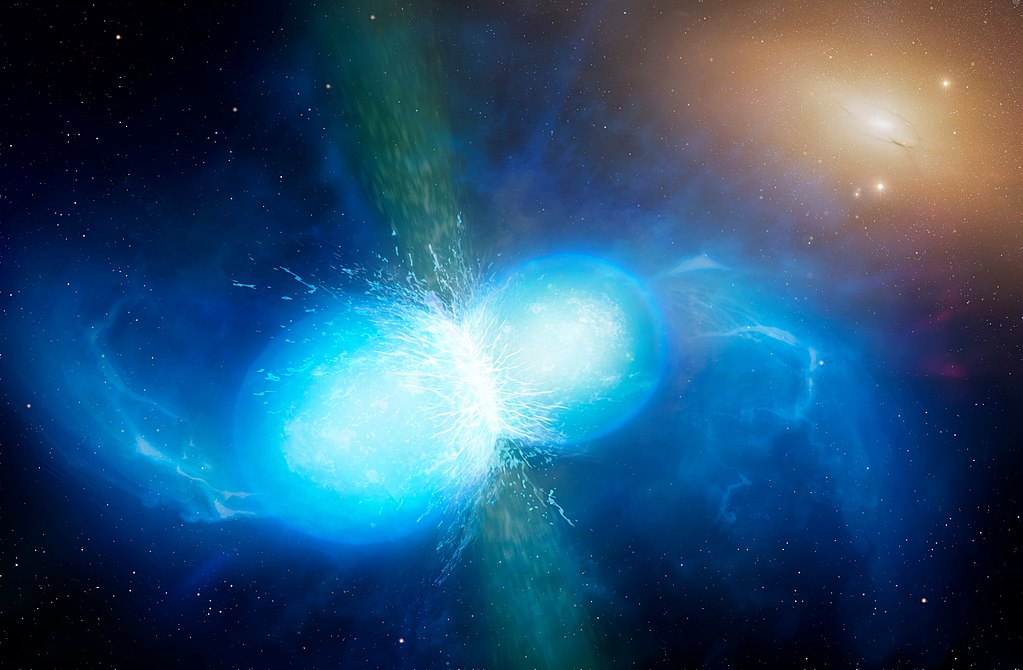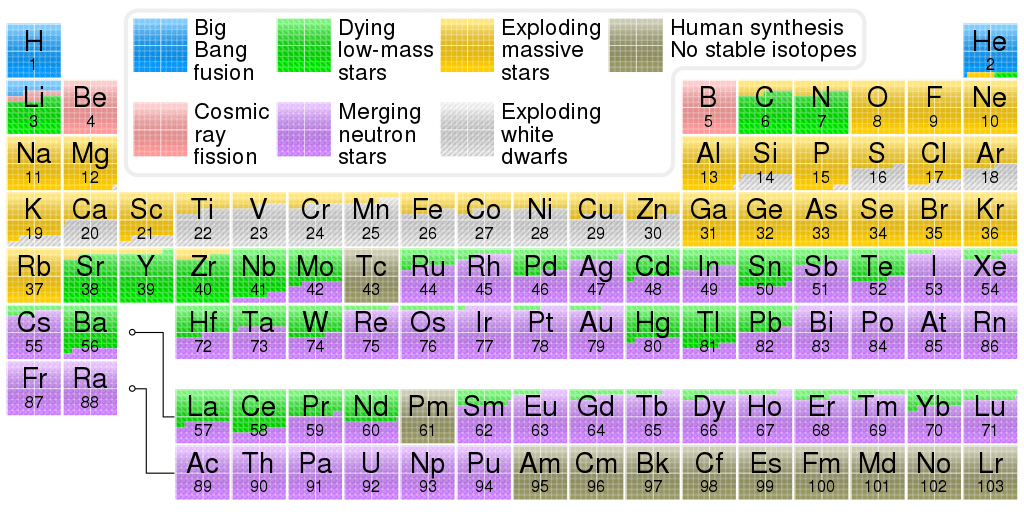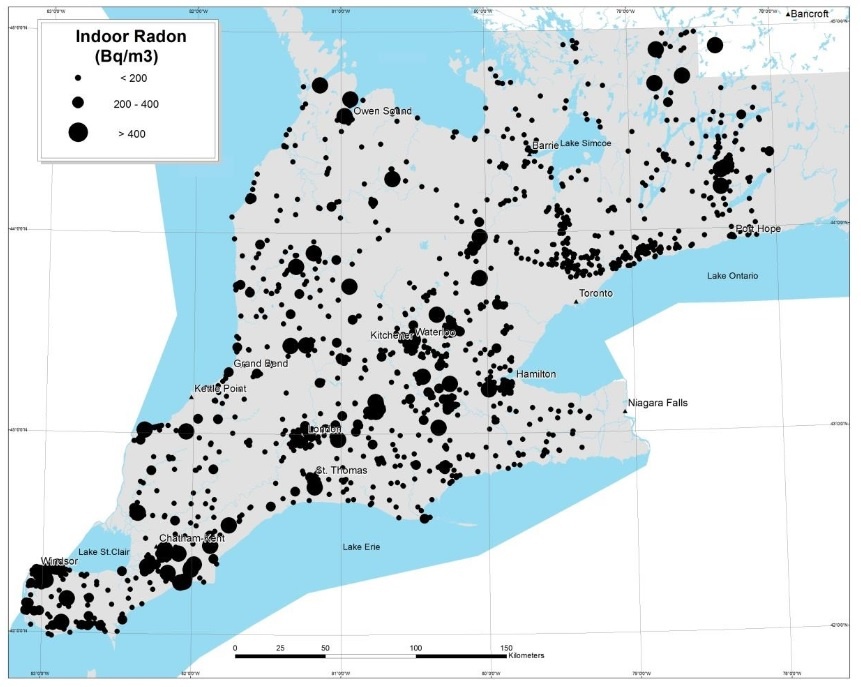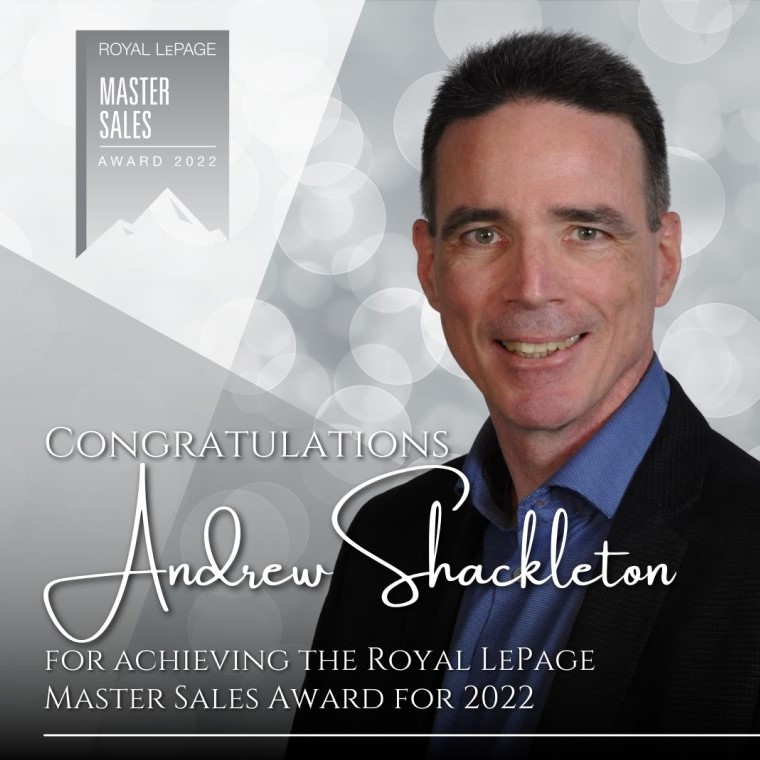Radon is a cool enough name for an element I suppose, and it’s a noble gas too. These gasses display a serene lack of chemical reactivity and radon is no different. The other noble gasses are used a lot in welding and lighting applications and are generally safe. Radon isn’t. Should you worry about radon? Yes, definitely. It’s not cool to have in the home and in one important way you could even say it’s hot.
Now think for a second about an explosion unimaginably hot and massive. Somewhere hotter than the centre of the sun. And more violent too, on an scale far larger than trillions of hydrogen bombs going off at once. This is the place where radon gets its start in the cosmos, in the midst of a supernova or in a neutron star merger. Here densities of neutrons are so high that atomic seed nuclei present in the explosion can capture them in very high numbers.

In these conditions the nuclei absorb neutrons faster than the rate of neutron beta decay, causing the nuclei to grow in atomic mass. But beta decay still occurs in this unstable environment causing neutrons to turn into protons and electrons. This is how smaller and lighter elements transmute into much heavier elements like tungsten, gold and radon as well. This ‘rapid neutron capture process’, the so-called ‘R process’ creates the majority of the universe’s heavy elements and even occurs in nuclear weapons.
But what about the radon that was formed in this burst of cataclysmic fury and energy? Oh, that’s long gone, it’s not downstairs. It’s quite radioactive and has a very short half life of only 3.8 days. It decays away very quickly into radioactive polonium, lead and bismuth, before finally ending up as a stable isotope of lead.
The radon that lurks in some peoples’ basements has earthly origins. It’s a daughter in the decay series of radioactive thorium and uranium found in the earth’s crust. These later two elements were formed by the R process too. But unlike radon some of their radioactive isotopes have very long half lives and will be indirectly producing radon for millions if not billions of years into the future.

Thorium and uranium are commonplace but aren’t evenly distributed in the crust. Geology, soil type and glaciation all factor into the presence of radon for a particular location. But the randomness of these factors make it impossible to say which houses in a neighbourhood will be affected. Testing is the only sure-fire way to know if you’re at risk if your house is in an area prone to radon.
And the risk is very real. Radon gas is much heavier than air which is why it pools and collects in basements. It’s the 2nd highest cause of lung cancer after smoking. It’s a radiation hazard of course, and radon’s decay chain daughters are radioactive too. The daughters are toxic heavy metals and lodge in the lungs causing further havoc. The decay chain of radon lasts years and produces beta and alpha particles that damage cellular machinery causing cell death or even cancer.

So what can you do about radon? Testing is a great idea if you want peace of mind or suspect that you are living in a radon hot spot. Maps are available that show these areas. If higher than recommended levels are uncovered the installation of a ventilation system is a great idea and will completely alleviate the issue. The systems aren’t even that expensive, coming in at under $2,000.
Here’s the link to a great inspector I use who does radon testing: http://www.aldercreekinspections.com/Radon.htm
Have a look at my inspections page too if you’d like https://drewathome.com/home-inspection/
The planet is made up of star dust just as we are. Unfortunately radiation is part of the natural world too. And radon is a not so subtle reminder of violent events from billions of years ago, something to think about next time you’re in the basement or outside gazing at the night sky.






